Daily sugar limit for heart health?
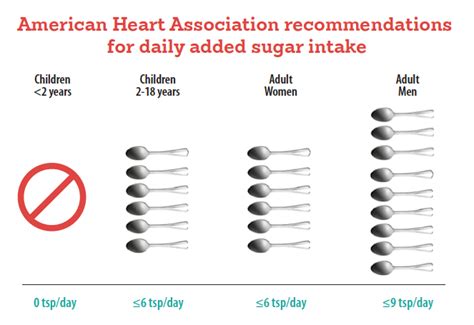
Understanding the Sweet Threat to Your Heart
In the quest for a healthier lifestyle, diet often takes center stage. Among the many components of our daily intake, sugar stands out as a pervasive ingredient with significant implications for cardiovascular health. While our bodies need glucose for energy, it’s the excessive consumption of added sugars, rather than naturally occurring sugars in fruits and milk, that poses a serious risk to our hearts.
For decades, the focus was primarily on fat as the dietary villain, but growing scientific evidence increasingly points to added sugars as a major contributor to various heart-related problems. From inflammation to blood pressure spikes, the cumulative effect of too much sugar can quietly undermine your heart’s ability to function optimally.

The American Heart Association’s Guidelines
So, what’s the magic number? The American Heart Association (AHA) provides clear recommendations for daily sugar intake to promote heart health. It’s important to note that these limits refer specifically to added sugars, which are sugars and syrups put into foods during processing or preparation, not the sugars naturally found in whole foods.
- For most adult women: No more than 6 teaspoons (25 grams or 100 calories) of added sugar per day.
- For most adult men: No more than 9 teaspoons (38 grams or 150 calories) of added sugar per day.
- For children: Even less, ideally no more than 3 teaspoons (12 grams or 50 calories) per day for those aged 2-18.
To put this into perspective, a single can of soda often contains around 8-10 teaspoons of added sugar, easily exceeding the daily recommended limit for most adults.
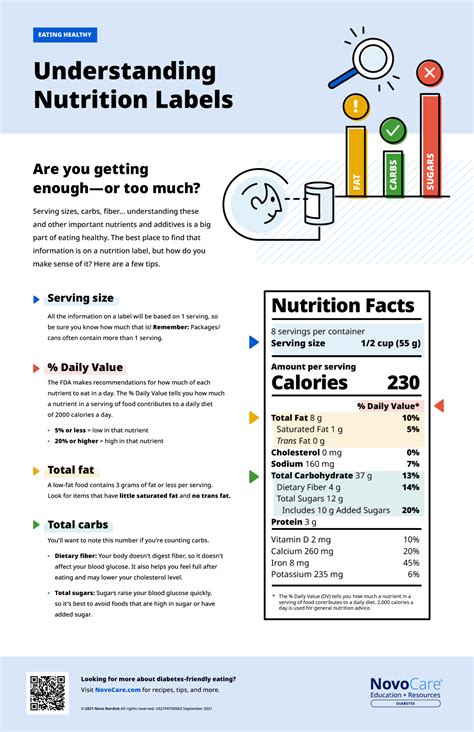
Beyond the Numbers: Why Sugar Harms Your Heart
The impact of excessive sugar consumption on heart health extends far beyond just calorie intake. Here’s how it can silently damage your cardiovascular system:
- Increased Inflammation: High sugar intake can trigger chronic inflammation throughout the body, a key driver of atherosclerosis (hardening of the arteries).
- High Blood Pressure: Studies show a direct link between high sugar intake and elevated blood pressure, a major risk factor for heart disease and stroke.
- Unfavorable Cholesterol Levels: Added sugars can raise ‘bad’ LDL cholesterol and triglycerides while lowering ‘good’ HDL cholesterol, creating an unhealthy lipid profile.
- Weight Gain and Obesity: Sugary foods and drinks are often high in calories and low in satiety, leading to overconsumption and weight gain, which in turn strains the heart.
- Insulin Resistance and Diabetes: Chronic high sugar intake can lead to insulin resistance, paving the way for type 2 diabetes, a significant risk factor for heart disease.
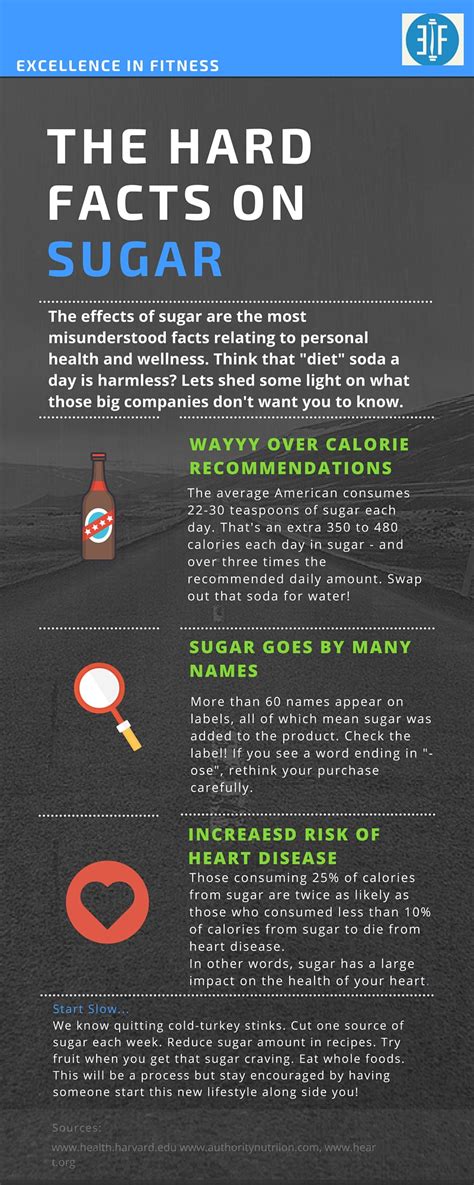
Navigating the Supermarket: Hidden Sugars
One of the biggest challenges in adhering to sugar limits is the pervasive presence of hidden sugars in everyday foods. Sugars lurk not just in obvious culprits like desserts and sodas, but also in seemingly healthy options:
- Yogurt: Many flavored yogurts are packed with added sugars.
- Sauces and Dressings: Ketchup, BBQ sauce, salad dressings, and marinades often contain surprising amounts.
- Breakfast Cereals: Even those marketed as “healthy” can be sugar bombs.
- Granola Bars and Protein Bars: Read labels carefully; many are essentially candy bars.
- Packaged Breads and Soups: Sugar is often used as a preservative or flavor enhancer.
Learning to read nutrition labels and looking for ingredients like high-fructose corn syrup, cane sugar, dextrose, maltose, and corn syrup solids is crucial for identifying and avoiding these hidden sources.
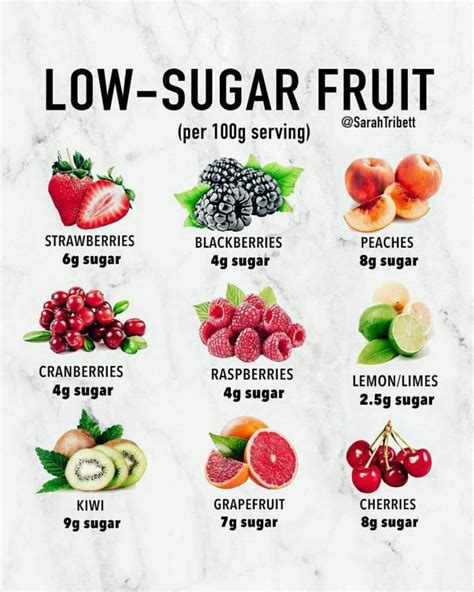
Practical Steps to Cut Back on Added Sugar
Reducing your daily sugar intake doesn’t have to be an overwhelming task. Small, consistent changes can make a big difference:
- Rethink Your Beverages: Swap sugary sodas, fruit juices (opt for whole fruit instead), and sweetened teas/coffees for water, unsweetened tea, or sparkling water with a slice of lemon.
- Choose Whole Foods: Prioritize fresh fruits, vegetables, lean proteins, and whole grains, which are naturally low in added sugars and high in fiber.
- Cook at Home More Often: This gives you complete control over the ingredients, including how much sugar goes into your meals.
- Read Nutrition Labels Diligently: Compare products and choose those with lower “added sugars” content. Be mindful of serving sizes.
- Gradually Reduce: If you’re used to very sweet tastes, cut back slowly. Your taste buds will adapt over time.
- Sweeten Naturally: Use spices like cinnamon, nutmeg, or vanilla extract, or small amounts of fresh fruit to add sweetness without added sugar.
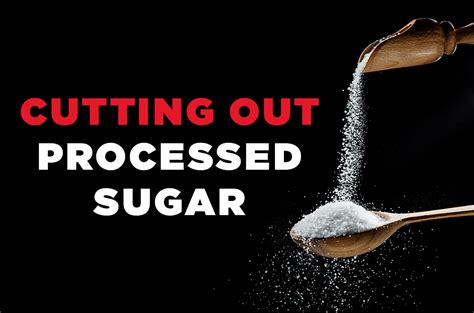
Conclusion
Adhering to recommended daily sugar limits is a cornerstone of maintaining a healthy heart. By being mindful of added sugars in your diet, understanding where they hide, and making conscious choices, you can significantly reduce your risk of cardiovascular disease and contribute to long-term well-being. It’s a sweet investment in your future health.








